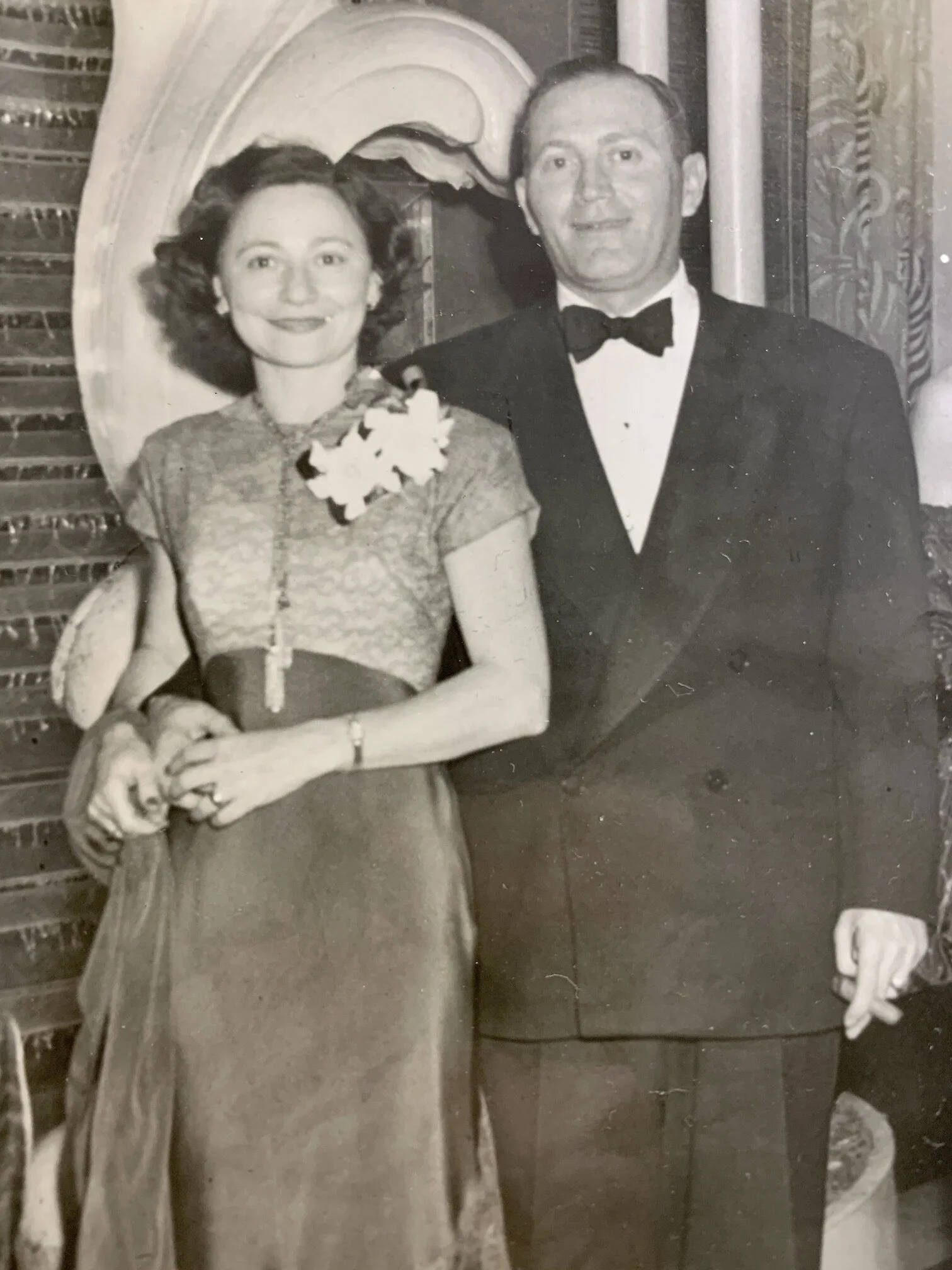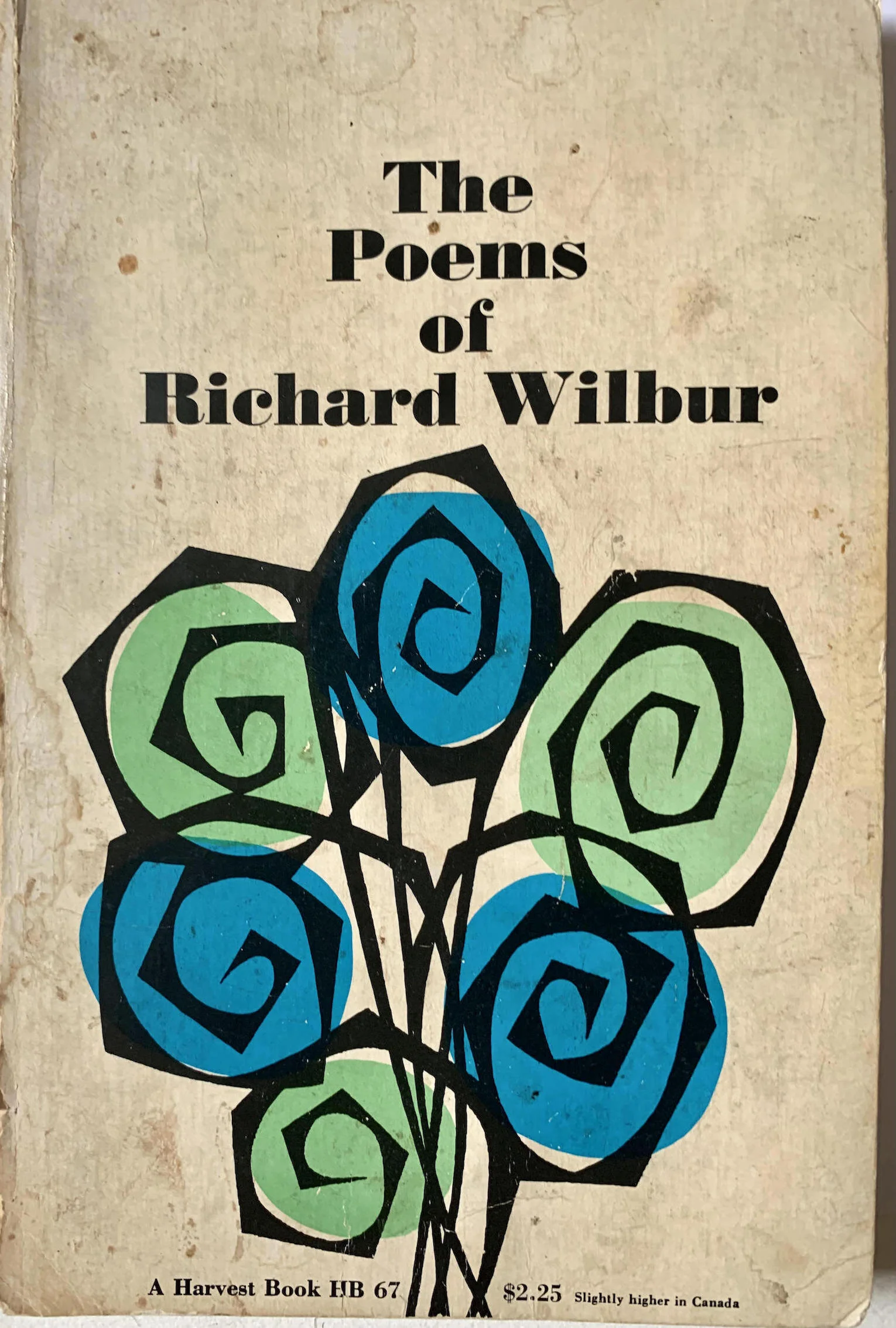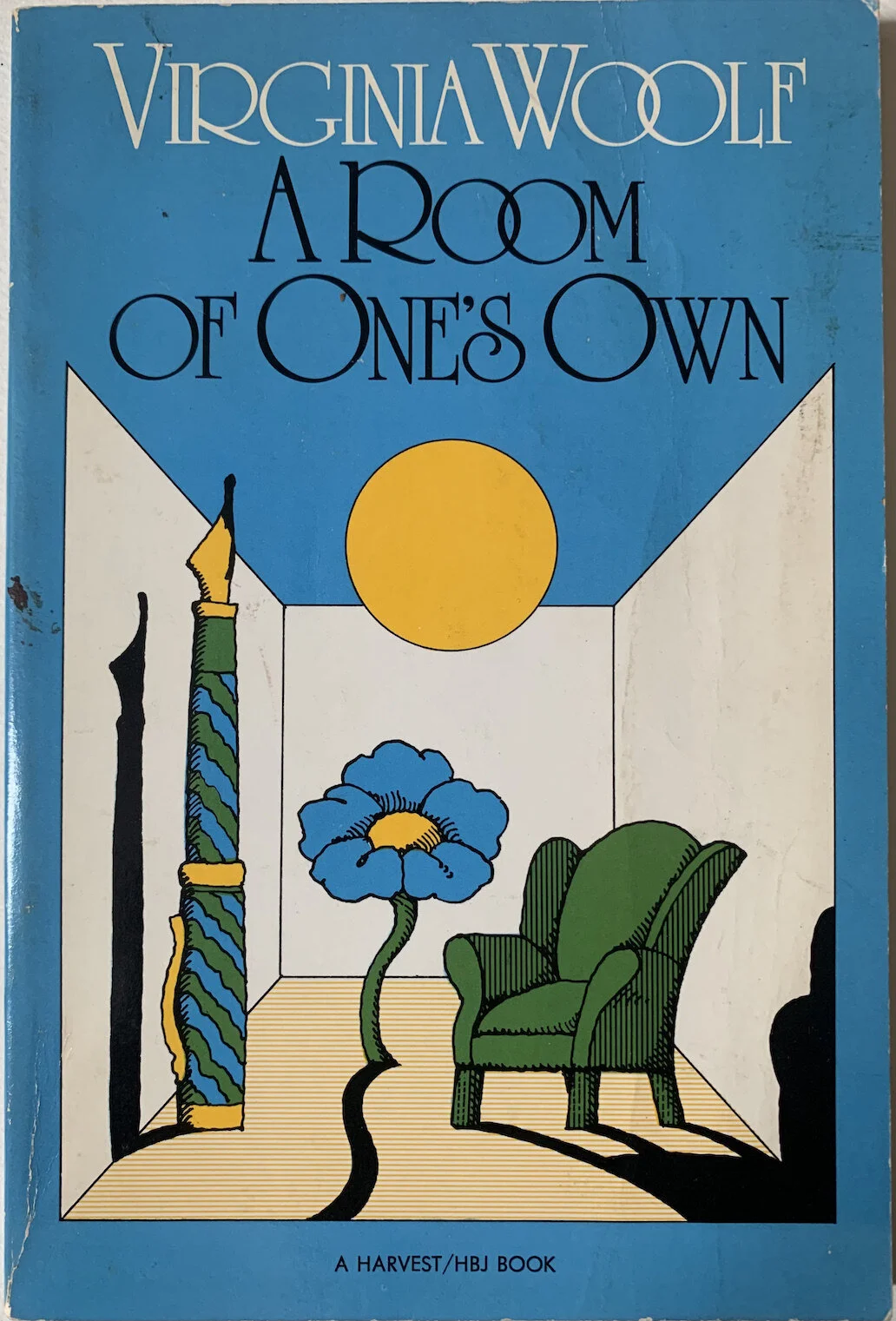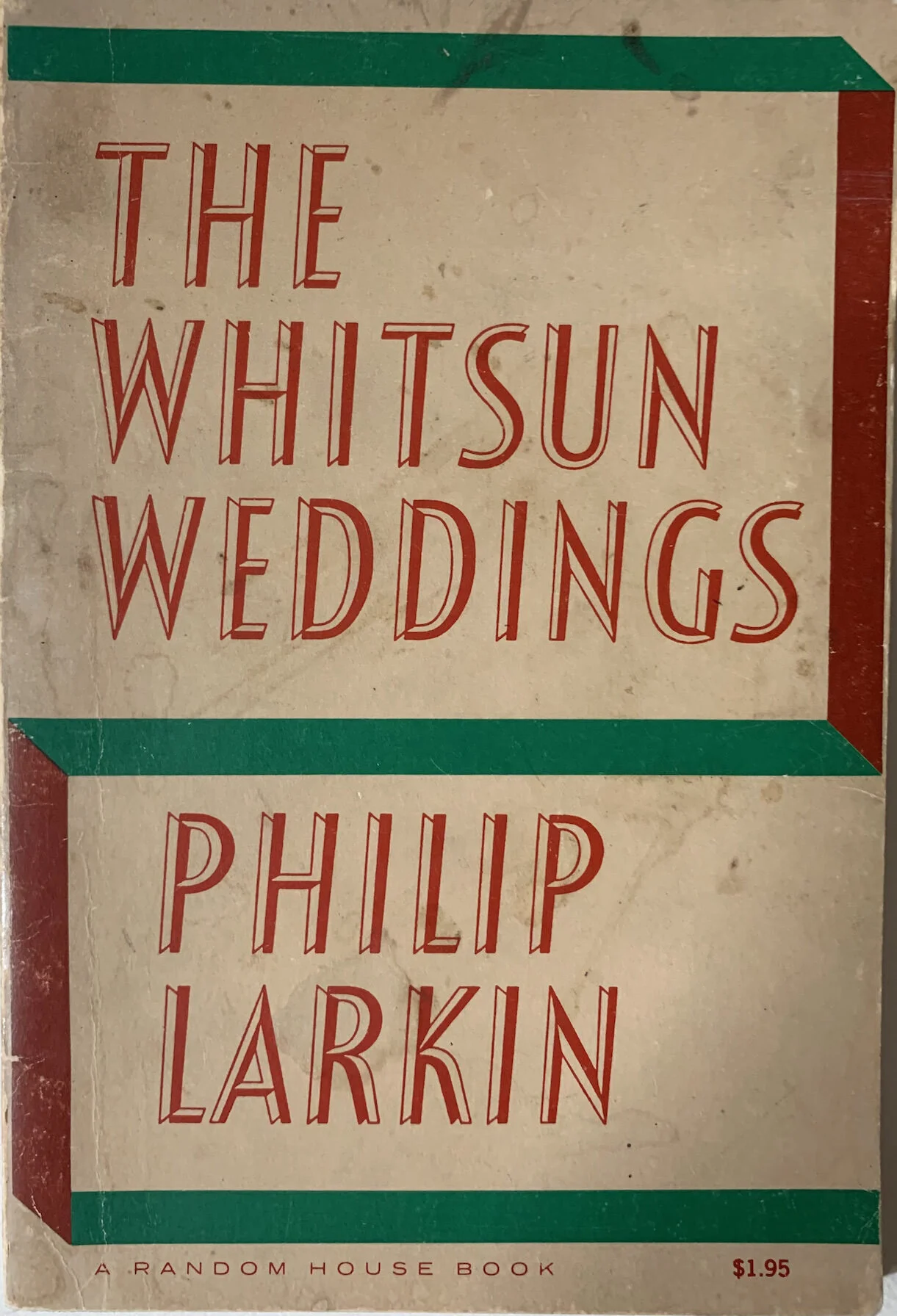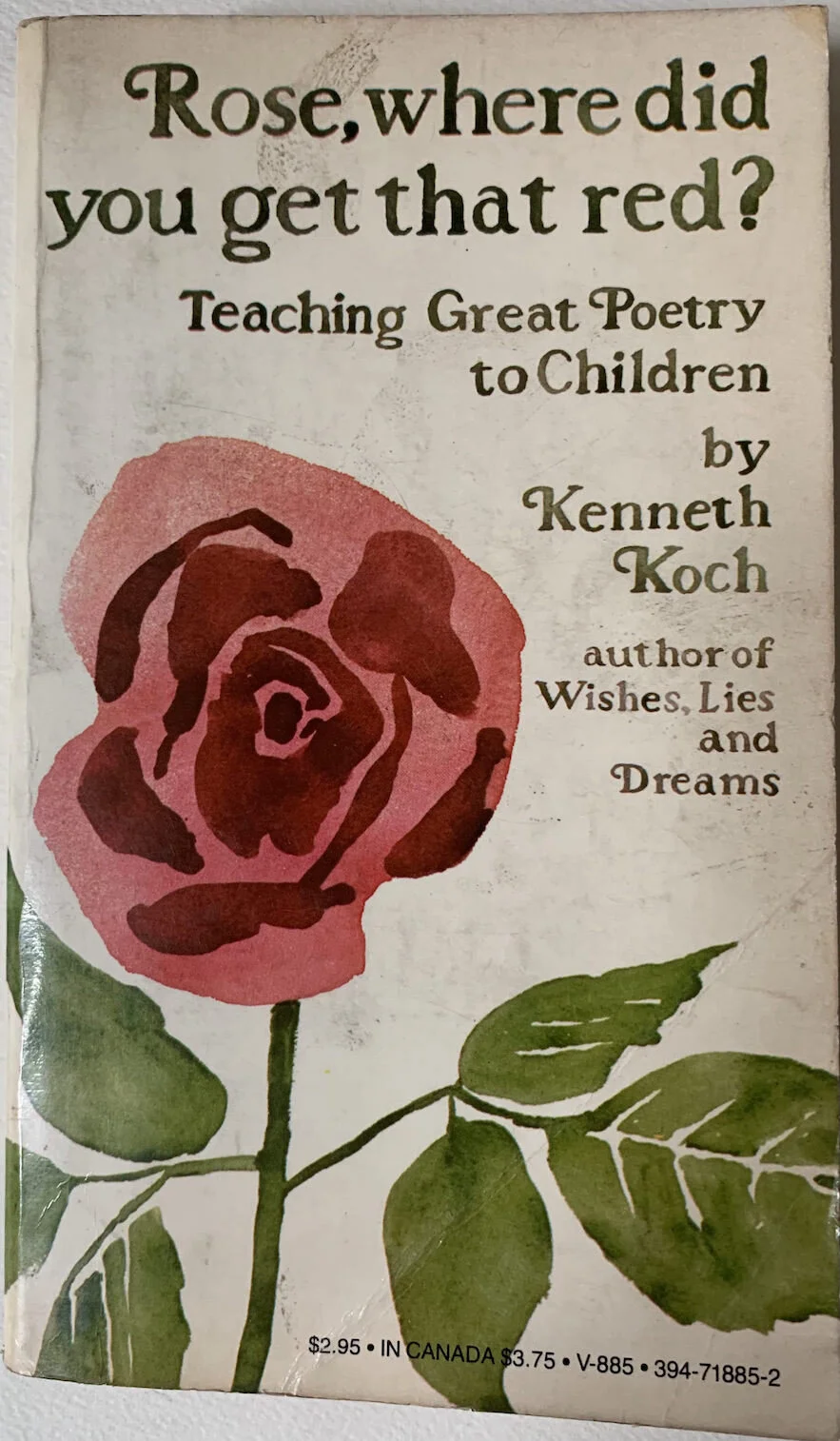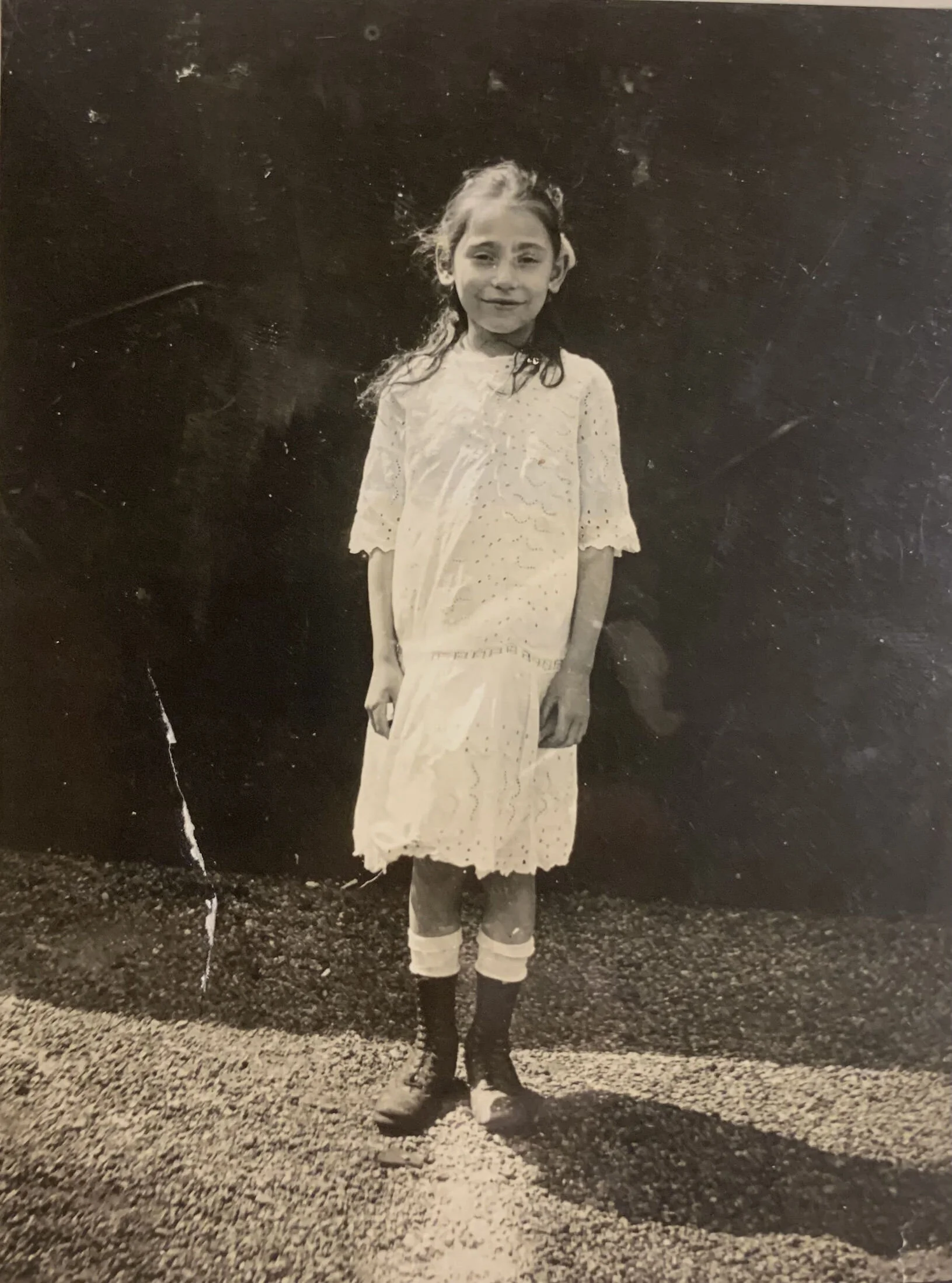Cat-Sitter Strikes Gold
“There is no mind other than the present moment of awareness.”
— Jamgon Kongtrul Lodro Thaye
Chogyam Trungpa Rinpoche (Picture taken in the days of the photo booth.)
Chogyam Trungpa’s book Shambhala: The Sacred Path of the Warrior was the first dharma book I read that introduced me to the wisdom of Tibet. It stared up at me from a rickety bookcase in an apartment where I was cat-sitting on a summer weekend in 1991—six years after I had miraculously “cheated” death.
I was allergic to cats but volunteered to sit for Petey Cat, the pet of a close friend’s new sweetheart. The two lovebirds were stunned when I offered to hole up in Jane’s place through the July 4th holiday weekend so they could enjoy a romantic getaway. Perhaps the selfless wish for them to be happy was the spark required for igniting my karmic link with Tibetan Buddhism in this lifetime and for meeting the wisdom mind of Chogyam Trungpa Rinpoche.
I raved about Trungpa’s book to Dr. Sidney Rosen, an eminent Eriksonian hypnotherapist and M.D. with a big heart. “How did I miss the concept of “basic goodness,” Sidney? Everybody is perfect from the get-go. There’s no original sin and nothing wrong with anybody!” The good doctor replied that if I wanted to meet someone who embodied basic goodness, in three months’ time the Dalai Lama would be visiting New York.
That “visit” was the Kalachakra Initiation and teachings given by HH the Dalai Lama at Madison Square Garden in 1991, my formal introduction to Tibetan Buddhism and a stirring wake-up call.
Amnesia about periods of my childhood and adolescence, and a few vivid if cryptic unsettling flashbacks, had propelled me to seek Dr. Rosen’s help. Under the doctor’s skillful care, detailed memories surfaced about my father, his drinking habit, and his emotional outbursts. I grew up as an only child unaware that her Daddy’s big belly was a beer belly and that his penchant for whiskey overpowered him. How did I cope with my embarrassment and distress about my father’s erratic, inappropriate behavior? I “forgot” it. To transform threatening circumstances, a young person’s heart and mind can perform amazing somersaults and pole-vaulting.
Close family friends described my father as a “diamond in the rough” and my mother a “saint” for living with him. Mom was a saint of sorts given Dad’s drinking and gambling; a men’s poker group met regularly in the basement of our home. There was a G.E. fridge stocked with beer by the wet bar, five bar stools, long folding tables and chairs, and an Art Deco mirror that spanned an entire wall reflecting the smoke of cigars and a little girl in pajamas who was looking for her Daddy because she couldn’t fall asleep (and it was Mommy’s night out).
When I was older and asked Dad what he did for a living, my school friends wanted to know, he replied, “Just tell them Daddy makes money by accident.” (Dad was a salesman in the rag trade back then. Years later, he ran a small business and slapped his own brand name on quality industrial paints and solvents from faithful suppliers.) Perhaps my father was more than a bit wild and crazy for having been a sailor in the Allied landings on the beaches of Normandy in WW II. How could he have skirted PTSD when so many of his cohort on the Navy pontoons dropped dead around him like hapless flies in water? Dad enlisted voluntarily in his mid thirties.
Mom and Dad five years prior to parenthood. Dad quit smoking after contracting pleurisy.
Dad’s pride made no room for a wife who worked, so Mom quit her career as a fashion buyer of women’s sportswear. Like many women of her era who wound up as housewives in suburbia, my mother felt stifled in that role. She cooked, shopped, and gardened, was active in charity fundraisers and did her best to nurture me.
Shy about her formative years, Mother shared few details but admitted to believing in mermaids up until her 16th birthday. She often marveled at the extrasensory perception between us and how I’d voice or read her mind. Petite and soft-spoken, she nevertheless wore the pants in our family and when I needed to be disciplined, a stern look from her sent me running. My parents were good-hearted and gave me what they themselves had not had: a sweet, easy childhood and a college education.
The classic Buddhist texts exhort us to be grateful to our parents if only because through them we have won a human birth which is exceedingly difficult to obtain— consider, for a start, the number of fish and other living organisms in the oceans of this world. Is not the preciousness of a human life great wealth in itself?
The adoring, doting father I knew as a youngster and the sweet relationship we enjoyed changed radically during my adolescence. We engaged in heated volleys of high-pitched insults that upset my mother to no end and sent her running through the house shutting the windows tight so the neighbors wouldn’t hear. I didn’t understand my father’s pain, nor did I know enough to ascribe his emotional outbursts in part, if not entirely, to alcoholism. From the Buddhist perspective, our family disruptions illustrated the karmic law of cause and effect: Every single gesture of our body, speech and mind matters and plants a seed that yields a particular result. We were experiencing the karmic fruit of past deeds and how we reacted was planting yet more seeds.
Whitey, my childhood confidant, was a four-legged bodhisattva.
I’d cry my heart out to my dog, an exceedingly well-behaved, intelligent mutt that rarely barked—a basenji mixed breed with a short-haired white coat and clipped tail. Whitey sat patiently through my teenage soliloquies of woe, comforting me with his beautiful, knowing eyes— deep warm brown, flecked with amber, his lashes tawny.
Our family precept was “never go to bed angry, kiss and make up.” And we always did.
As a child, I whispered a brief prayer to God at bedtime, but prayer itself bowed out long before high school when I came across the writings of the French existentialist philosophers. I was a studious girl, and avid reading made me eager to explore worlds beyond my sleepy conservative community. By age seventeen, I was not unlike a renunciant who wishes to cut loose from his or her cultural moorings, and I escaped upstate to the University of Rochester.
It was during fall semester of my senior year that a young girl jumped a red light and rammed my mother’s car on a highway intersection three minutes from our family house. Within seventy-two hours, Mom passed away. Ten days following upon the car crash, I was back at Columbia University where I had enrolled weeks earlier in the Visiting Scholars Program for my senior year. I sat in my dorm room on the Upper West Side at 116th street and switched on the lamp by my bed. What was different? The lamp still worked, but Mom was no longer Mom. This made no sense to me. After three months, my closest friend, preoccupied with a new guy in her life, told me to “snap out of it already.” But I was still thawing from shock and just beginning to feel the brute finality of my mother’s absence. Her body was not who she was, that became clear when I was at her bedside minutes prior to her death. Something I could not see or touch, something timeless that I only knew as “Mother” had gone somewhere, and yet remained. So who or what, exactly, had I loved and been loved by?
In the early 70s, there was scant literature available on the subject of death and dying that offered insight or comfort. I was ripe for the “revolutionary insight of Buddhism that life and death are in the mind, and nowhere else.”(Sogyal Rinpoche, The Tibetan Book of Living and Dying, ch 4, p.46). Nearly twenty years would pass before I first learned of the bardo teachings that map out what death is and how to prepare for it.
Some weeks prior to my mother’s passing, I celebrated my 20th birthday but I was still a teenager emotionally and a bookworm unaware of the ways of the world. The university regimen had fueled my wish to lead the contemplative life of the poet and to pursue graduate studies in literature. But now having encountered the uncompromising rudeness of death, the philosophical discussions and literary games of the classroom sounded tinny to me, and off the mark.
Books that outlived my college days.
Earlier in the year, I received letters from my mother that expressed her wish to share “tales that needed to be told” in the not-too-distant future. Her secrets died with her. The youngest of seven children, she was raised by her siblings on the Lower East Side of New York. Their parents died during her infancy and she confessed to me that she ached for a mother or father years into adulthood, even more so than when she was a child.
Mom, six years old, in the horse-drawn carriage era of NYC
Now it was my turn—on the cusp of adulthood— to bear the grief of a parent’s death.
This poem spoke to my disquiet in the year of my mother’s passing (and came to mind again when I was deathly ill). The savage desolation that ensued was unduly prolonged and the verse underscored the heart of the matter: ignorance. I would have benefited greatly from the teachings on compassion that are the very essence of the Tibetan Buddhist tradition.
During the 1992 three-month summer retreat led by Sogyal Rinpoche at Lerab Ling, it became clear that I could be free of the past and at ease in the present by taking to heart the pith instructions on the nature of mind. The teachings and practice squashed my puny definitions of self and family. There was no need for me to rouse or further analyze memories. I was eager to cultivate an uncontrived way of being, playful and wise.


